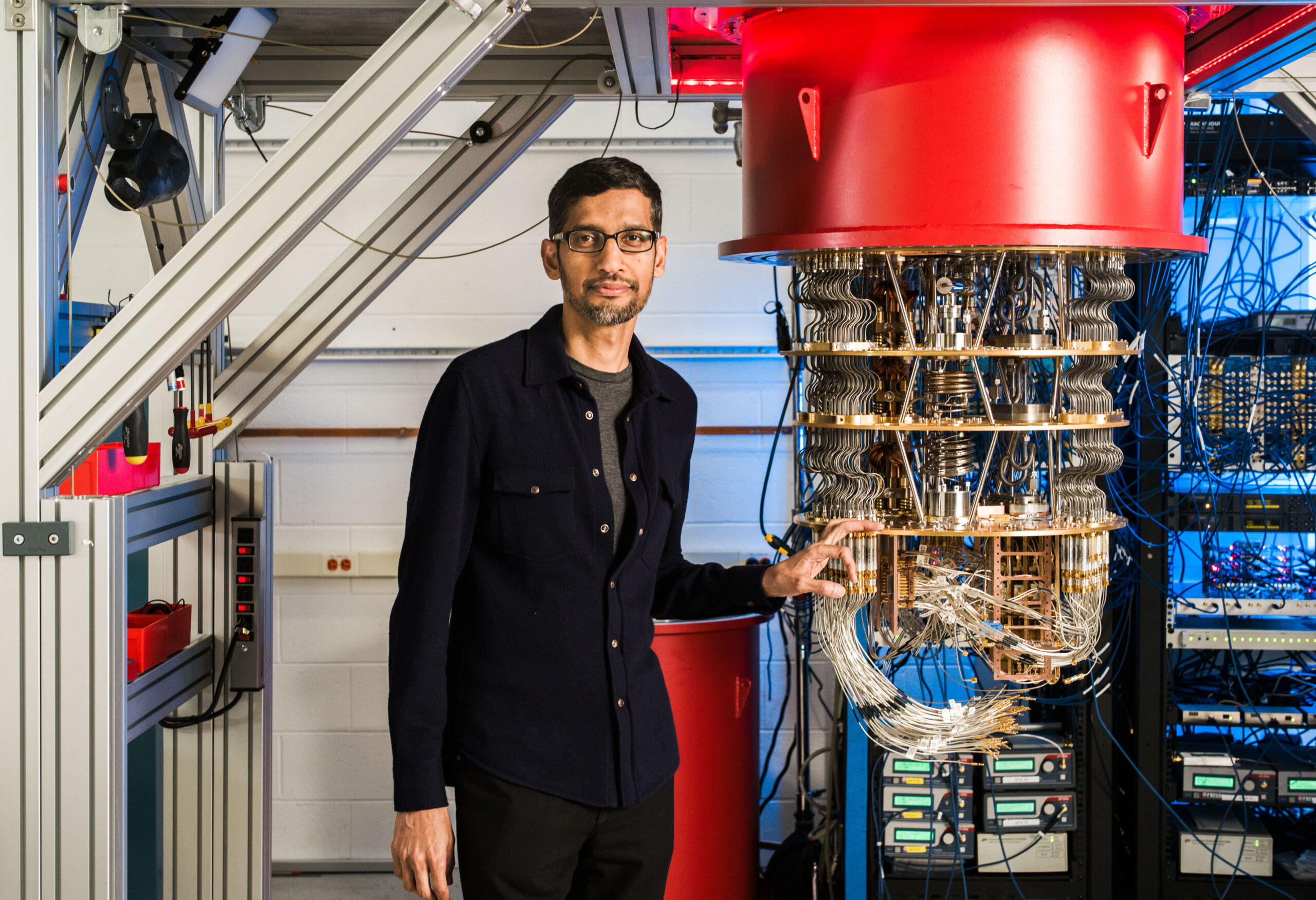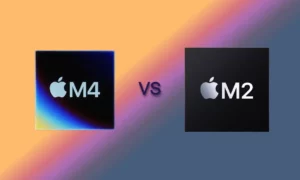Introduction:
In the world of computers, there’s something exciting happening called Quantum omputing. It’s like having a supercomputer that can do things much faster than regular computers. But here’s the thing: we’re not quite sure what practical things we can use these super-fast computers for yet. That’s where Google comes in. They’ve announced a big prize—Google’s $5 Million Prize for Practical Uses of Quantum Computing—to anyone who can figure out how to use quantum computers for real-life problems. Let’s take a closer look at what this means and why it’s such a big deal.
Follow us on LinkedIn for everything around Semiconductors & AI
Quantum Computers for Real-life Problems
Google is teaming up with a group called the XPRIZE Foundation to offer a huge prize—$5 million—to anyone who can find a real-life problem that quantum computers can solve.
- Goal: Develop quantum computing algorithms with practical applications that benefit society, aligning with goals like the UN’s Sustainable Development Goals.
- Prize Money: $5 million total prize purse, with a $3 million grand prize and $1 million for runner-ups.
- Focus: Shifting the focus from theoretical demonstrations of quantum advantage to solving real problems in areas like climate change, materials science, and healthcare.
This is a big deal because it could unlock a whole new world of possibilities. Imagine if we could use these super-fast computers to solve problems like finding new medicines or making batteries last longer. The possibilities are endless!
Quantum Computers for Real-life Problems: Goal
The goal of the competition is simple: find practical uses for quantum computers. Right now, we know that quantum computers can do certain things faster, but we’re not sure how to apply that to real-life problems.
There are two main reasons why competitions like the $5 million XPRIZE for Quantum Applications are important:
Unearthing Practical Uses: Quantum computers are fundamentally different from classical computers and excel at specific tasks. However, translating that theoretical advantage into real-world applications can be tricky. This competition encourages researchers to think beyond the technical aspects and focus on developing practical algorithms that solve problems in fields like medicine, materials science, or finance.
Fast-Tracking Development: Quantum computing is a rapidly evolving field, but it’s still in its early stages. Competitions like these inject a healthy dose of competition, pushing different teams and companies to innovate and refine their approaches. This can significantly accelerate the overall progress in the field, leading to faster development of useful quantum applications.
This competition highlights the fact that while quantum computers hold immense potential, identifying practical uses remains a challenge. The competition aimed to bridge that gap and usher in a new era of quantum computing applications.
Read More: What is Computational Lithography – techovedas
How Does It Work?
Here’s how the competition works: researchers have three years to come up with new ideas for using quantum computers.
They could come up with a brand-new way to solve a problem, like finding a better way to store energy.
Or they could find a problem that already exists and figure out how to use quantum computers to solve it faster. The key is to show how their idea could actually be used in the real world.
For further details, visit here
Read More: Qualcomm Invests 177 Cr For Design Centre in Chennai; Creating 1600 Jobs – techovedas
Conclusion:
In conclusion, Google’s $5 Million Prize for Practical Uses of Quantum Computing is a huge step forward in the world of technology.
It’s like a challenge to scientists and researchers to unlock the full potential of these super-fast computers. Who knows what amazing things they’ll come up with?
One thing’s for sure: the future of computing is looking brighter than ever. With this competition, we’re not just exploring the quantum frontier—we’re shaping it.



